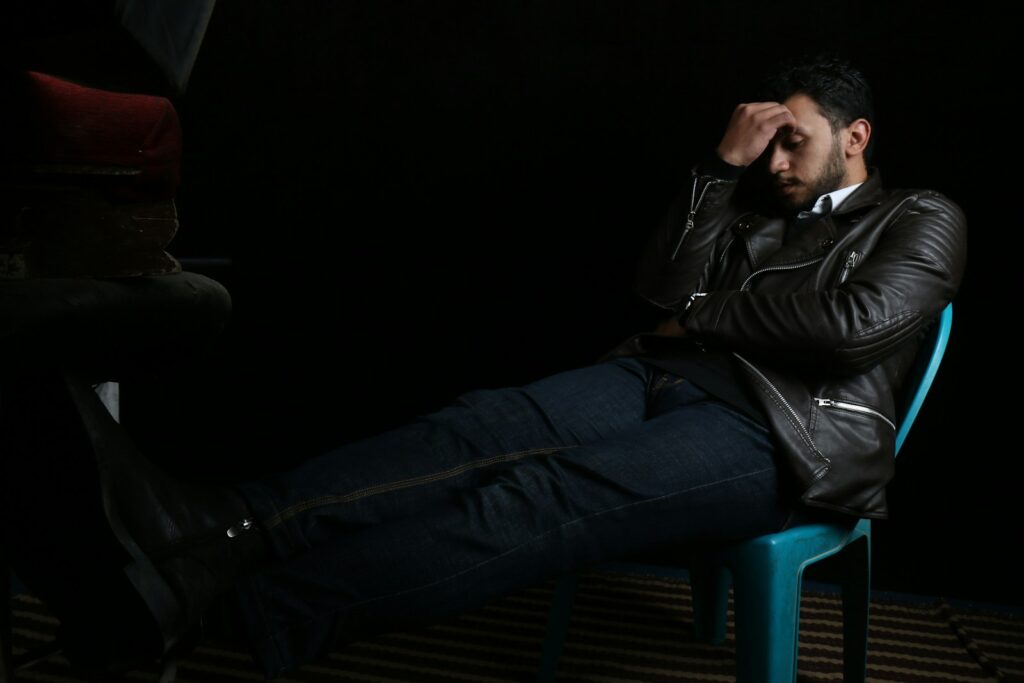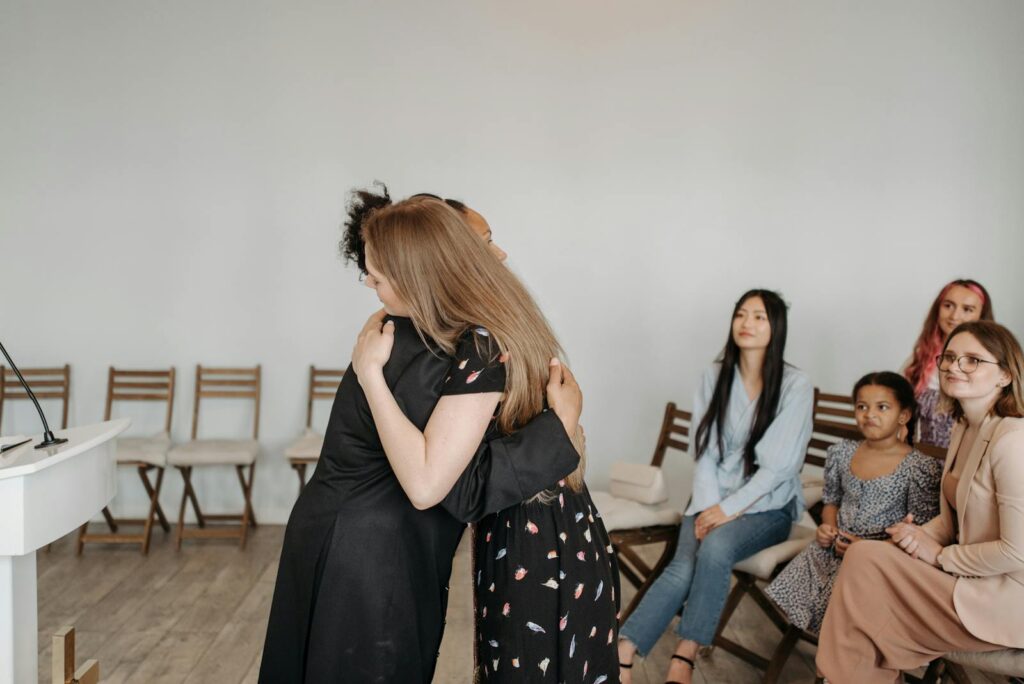
Not everyone grows up in a home where love and acceptance are certain. Some people spend their childhoods quietly learning to cope with being overlooked, dismissed, or made to feel like a burden. These early experiences often leave deep marks that show up in the way they think, act, and connect with others later in life. Here are 15 signs that someone may have grown up feeling unwanted.
They Apologize Too Much

When someone says “sorry” for things that don’t need an apology (like asking a question or taking up space), it can come from years of feeling like their presence was an inconvenience. In childhood, they may have been made to believe that every action could bother someone or cause trouble. As adults, over-apologizing becomes a way to avoid rejection before it even happens.
They Struggle to Believe Compliments

If praise was rare or always came with criticism, hearing something kind can feel suspicious. They might laugh it off, downplay it, or change the subject, not because they’re ungrateful, but because they don’t quite believe it’s genuine. In their mind, compliments can feel like setups for disappointment so they’ve learned not to trust them fully.
They Overthink Every Interaction

Someone who grew up feeling unwanted often replays conversations in their head, wondering if they said something wrong. This habit comes from a time when they felt they had to monitor every word or action to avoid upsetting someone. Even harmless moments can lead to hours of self-doubt, as they search for mistakes that might not even be there.
They Have Trouble Asking for Help

When a person learns early that their needs are unwelcome, asking for help can feel risky. Instead of reaching out, they’ll push through on their own, even if they’re overwhelmed. To them, asking for support might mean inviting rejection or being told they’re a burden again, so independence becomes their way of staying safe.
They Downplay Their Achievements

If no one celebrated their milestones growing up—or worse, dismissed them—pride can feel uncomfortable. They might brush off accomplishments as “no big deal,” even when they’ve worked hard. This isn’t about humility; it’s about avoiding the vulnerable feeling of hoping someone will be proud, only to be met with indifference or criticism.
They Avoid Emotional Confrontations

For someone who grew up feeling unwanted, conflict feels like a threat to their place in someone’s life. They may avoid difficult conversations at all costs because they fear it could lead to rejection. Instead of speaking up, they keep feelings to themselves, even if it means letting resentment quietly build, because they’d rather keep the peace than risk being pushed away.
They Constantly Need Reassurance

It’s not that they’re insecure for no reason—years of feeling unloved made them question their worth. So now, they look for small signs that they’re cared for: a quick text back, a warm tone, a simple “I’m glad you’re here.” Without this reassurance, old fears creep in and convince them they might be forgotten or left behind again.
They Read Too Much Into Silence

For some people, a delayed reply or quiet mood isn’t a big deal, but for someone who once felt unwanted, it can trigger old wounds. They might assume silence means anger, disapproval, or abandonment. Don’t think of it as over-sensitivity; it’s a learned survival skill from a childhood where affection or attention could vanish without warning.
They Struggle to Set Boundaries

When you grow up believing that your needs don’t matter, saying “no” can feel selfish or dangerous. They may agree to things they don’t want to do, simply to keep others happy. Boundaries can feel foreign because they weren’t allowed to have them as children; their role was often to adjust, not to assert.
They Overcompensate in Relationships

Someone who felt unwanted as a child may try too hard to prove their worth to others. They’ll give more than they receive, ignore all red flags, or put other people’s happiness above their own. Deep down, they’re hoping that if they give enough, they’ll finally earn the consistent love and care they never had.
They Overanalyze Their Place in a Group

Whether it’s at work, with friends, or in family settings, they may constantly check if they’re truly wanted there. They’ll notice tone changes, seating arrangements, or body language to search for proof of belonging or signs of exclusion. This hyper-awareness comes from a time when feeling left out wasn’t just uncomfortable—it confirmed the fear that they weren’t wanted.
They Hide Parts of Themselves

If certain traits, interests, or emotions were mocked or ignored growing up, they may learn to keep them hidden. In adulthood, they might only show the parts of themselves they think are “acceptable” to others. It’s a habit born from survival, protecting the real self from the kind of rejection they once knew too well.
They Have a Hard Time Trusting Love is Real

When love felt inconsistent or conditional in childhood, it’s hard to believe it can be steady and unconditional now. Even when someone treats them well, they might secretly wait for it to end. It’s not that they don’t want love, it’s that they’ve been taught it can disappear, and trusting otherwise feels dangerous.
They Avoid Being a Burden at All Costs

One of the clearest signs is when someone goes out of their way not to inconvenience anyone, even at their own expense. They’ll hide struggles, downplay pain, or avoid asking for anything. This behavior comes from early experiences where their needs were met with annoyance or neglect, so now they work to make themselves as “easy” as possible to keep around.
They Struggle With Self-Worth

Growing up without feeling valued can make it hard to see yourself as important. People may downplay their needs, avoid attention, or feel undeserving of love. Even when they achieve success, there’s a quiet voice telling them it’s not enough. This belief isn’t a choice they make but a reflection of all the messages they absorbed in their past years.

